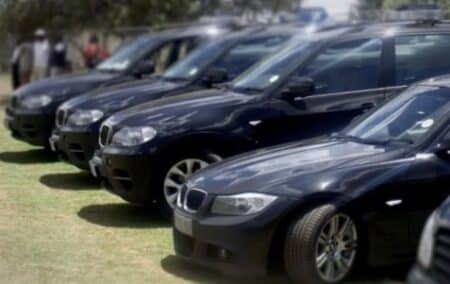Daily Investor report that over the past decade, cars have become significantly more expensive in South Africa due to increased subsidies to the local automotive sector, a weaker rand, and increased import duties.
South Africans are increasingly unable to purchase a new car due to the skyrocketing costs of purchasing a vehicle and maintaining one.
Many point to the elevated interest rates, resulting in higher repayments on car loans and increased balloon payments.
However, the price of cars, regardless of the repayments, has also risen sharply, contributing significantly to the average South African’s lack of affordability.
For example, of the 1,481 car models on sale in South Africa, only a quarter are priced below R500,000.
Dawie Roodt, chief economist at the Efficient Group, attributes this to the protectionism of the South African government and the subsidies they give the local automotive industry.
“The moment that you protect an industry, you prevent cheaper alternatives from coming to market and competing,” Roodt explained.
Typically, governments engage in protectionism to help a fledgling industry grow in the face of intense external competition.
Proponents of protectionism argue that this enables the establishment of a local manufacturing base and the development of the necessary scale to compete against global competition.
“We are not told that the moment you protect an industry, the consumer pays a price for that. A protective tariff is nothing but a hidden tax to protect an industry.”
Free trade is vital to increasing consumer choice and driving down prices through competition. Protective tariffs, he said, have the opposite effect.
Roodt explained that the South African automotive industry is a good example of this, with the government giving local manufacturers large tax breaks and subsidies to produce their cars locally.

